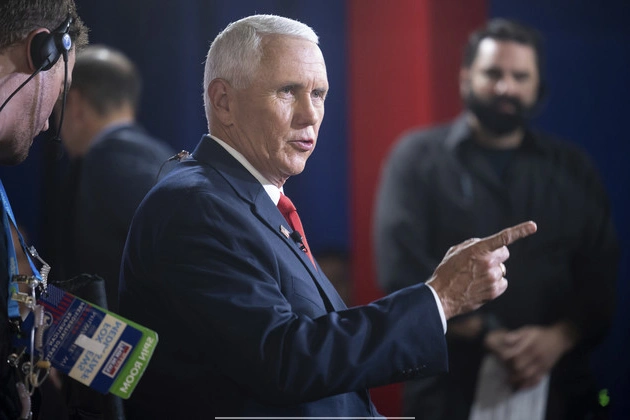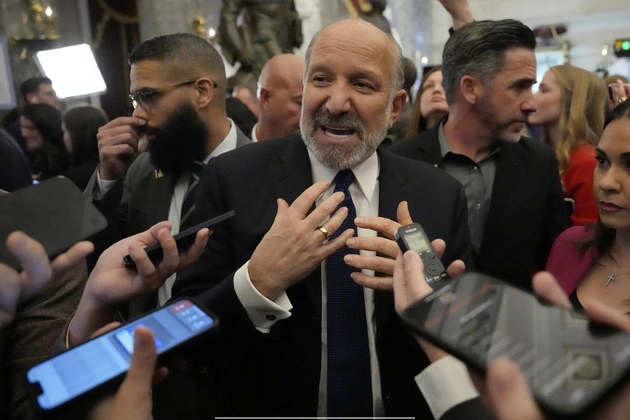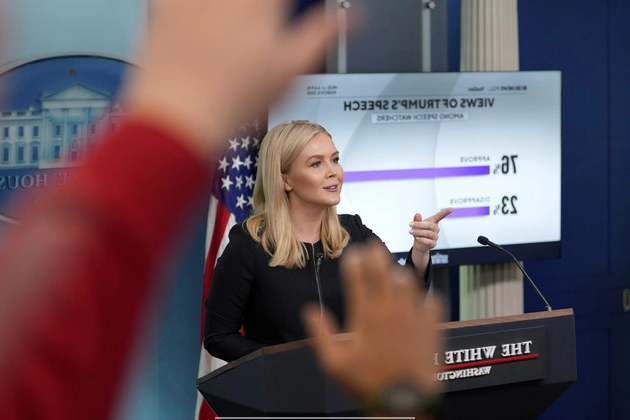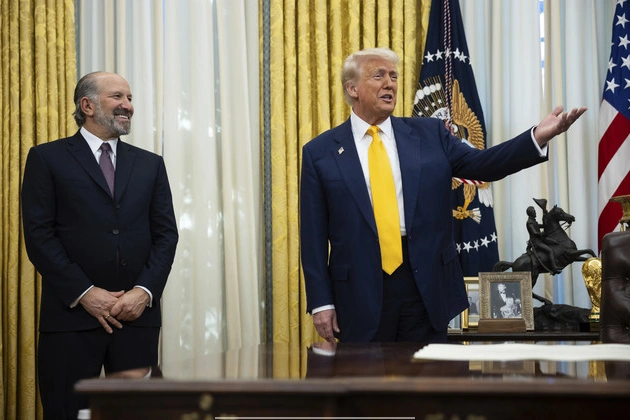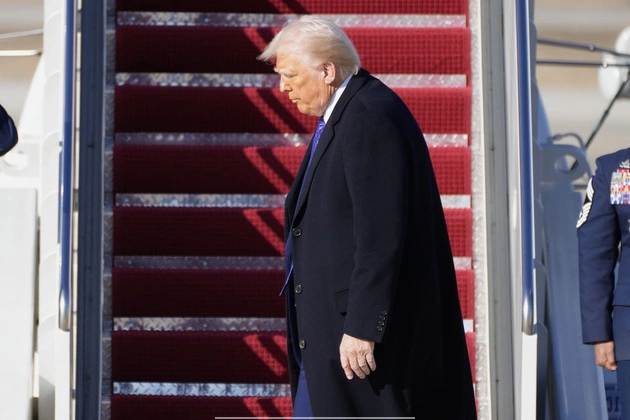
President Donald Trump’s recent statement about potentially imposing tariffs on auto imports by April 2 has raised concerns about the impact on trade relations worldwide. The proposed tariffs could further strain relationships with key trading partners such as Mexico, Canada, Europe, and other nations.
The Auto Industry and Trade Dynamics
Last year, the United States imported a significant amount of auto products, including cars, parts, trucks, buses, and special purpose vehicles. This import activity totaled $471 billion, with major suppliers like Mexico, Japan, South Korea, Canada, and Germany playing crucial roles in the market.
Challenges and Risks
The current duty-free access enjoyed by Mexico, Canada, and South Korea for most of their cars could be jeopardized by the proposed tariffs. The auto “rules of origin” provisions under existing free trade agreements might be at risk, potentially disrupting established trade flows.
Trump’s executive order to assess reciprocal tariff rates on a country-by-country basis adds another layer of uncertainty to the situation. This approach could lead to increased tensions and trade barriers between the U.S. and its trading partners.
Implications for the U.S.-Mexico-Canada Agreement
The U.S.-Mexico-Canada Agreement, which replaced NAFTA, faces challenges due to the tariff threats. The agreement’s relevance and effectiveness in promoting trade and cooperation among the three nations are at stake if tariffs are imposed.
Looking Ahead
As negotiations continue and the deadline for tariff actions approaches, stakeholders in the auto industry and global trade community are closely monitoring developments. The potential impact of auto tariffs on various economies underscores the need for strategic decision-making and diplomatic resolutions to prevent escalating trade tensions.







